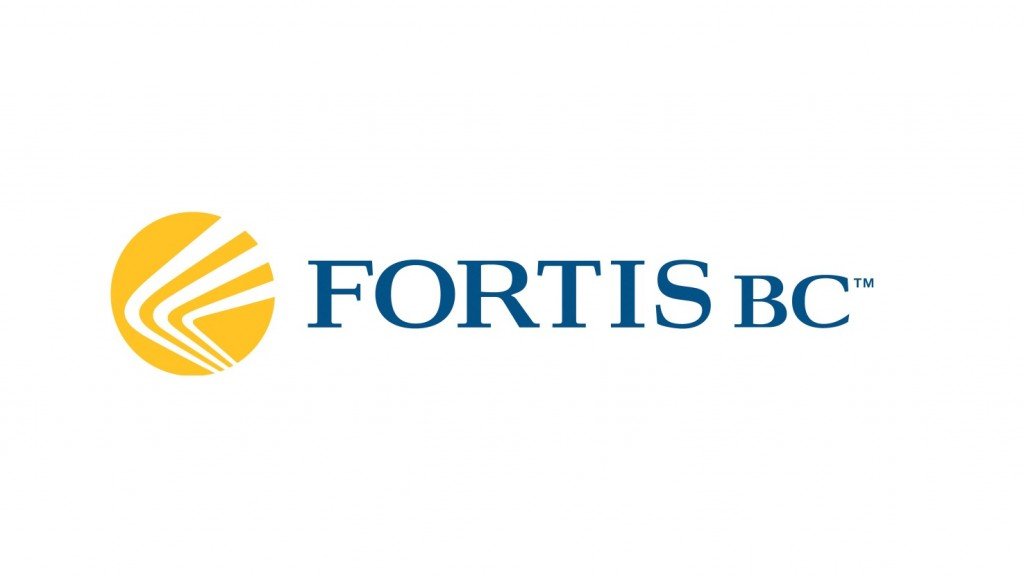FortisBC Energy Inc. (FortisBC) has received approval from the British Columbia Utilities Commission (BCUC) to maintain the cost of gas rate for its customers at $2.230 per gigajoule (GJ).
Cost of gas not moving for FortisBC customers

The Renewable Natural Gas[1] (RNG) rate for customers subscribed in the voluntary program[2] will also stay the same at $13.22 per GJ. The BCUC reviews FortisBC’s cost of gas and voluntary RNG program rates every three months and will review them next in December.
“FortisBC is committed to providing safe, reliable and affordable energy for our customers across British Columbia,” said Joe Mazza, vice-president of energy supply and resource development. “With the fall and winter heating season upon us, the cost of gas and voluntary RNG program rates staying the same helps keep energy costs stable for the families and businesses we serve.”
FortisBC acquires gas at market-based prices, and factors like supply and demand, weather and economic conditions affect the price of gas in North America. FortisBC does not mark up the cost of gas, so its customers pay what it pays.
Customers who have questions about their bill are encouraged to reach out. FortisBC’s customer service team can answer billing questions, provide information about energy-saving tips and offer payment plan solutions that fit individual needs.
For more information about rates and the components that make up a FortisBC gas bill, visit fortisbc.com/rates.
[1] Renewable Natural Gas (also called RNG or biomethane) is produced in a different manner than conventional natural gas. It is derived from biogas, which is produced from decomposing organic waste from landfills, agricultural waste and wastewater from treatment facilities. The biogas is captured and cleaned to create RNG. When RNG is added to North America’s natural gas system, it mixes with conventional natural gas. This means we’re unable to direct RNG to a specific customer. But the more RNG is added to the gas system, the less conventional natural gas is needed, thereby reducing the use of fossil fuels and overall greenhouse gas emissions.
[2] Excluding commercial and industrial vehicle voluntary RNG rates under Rate Schedule 3VRNG, 5VRNG, and 46, which are reviewed by the BCUC annually.